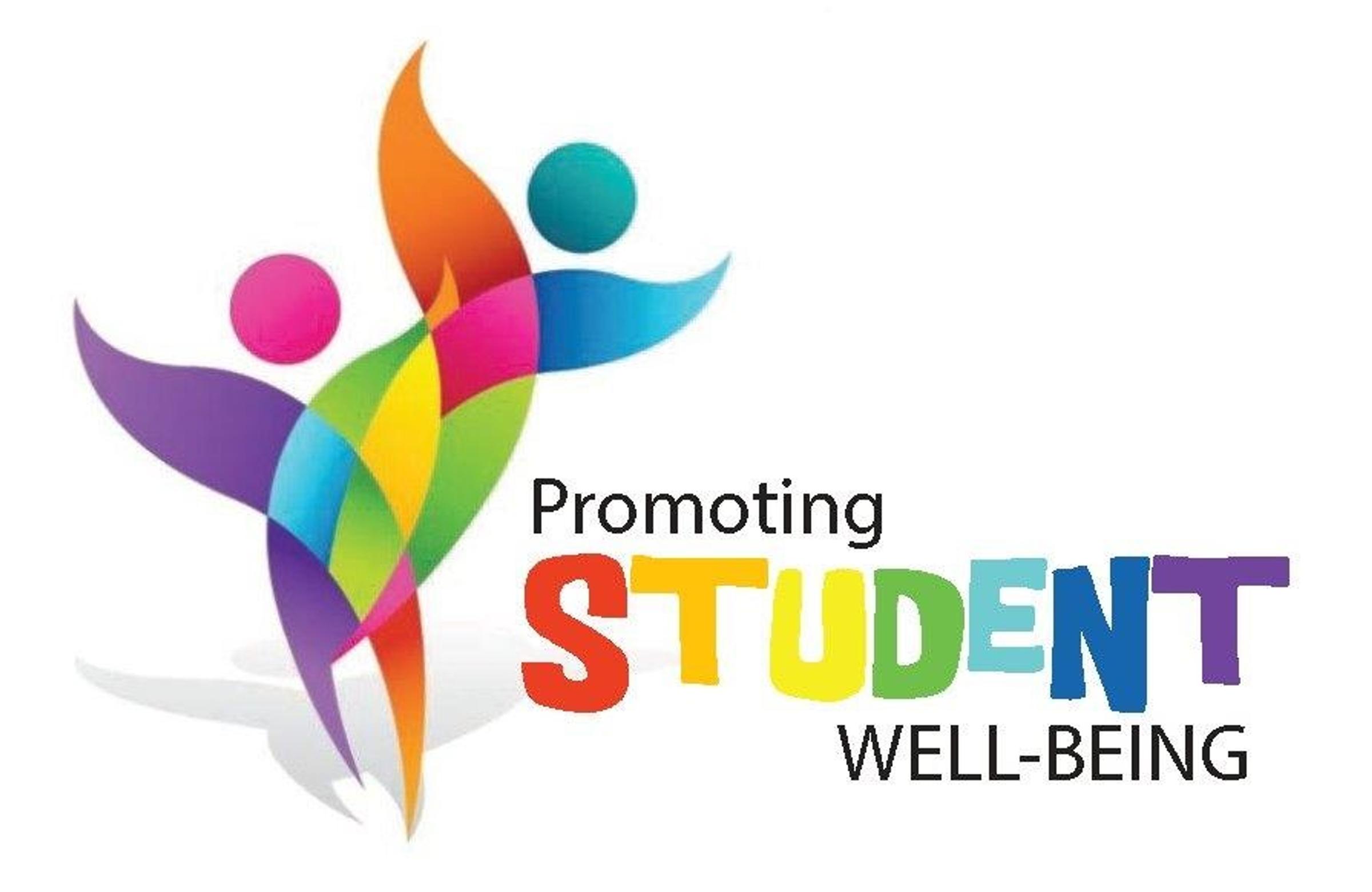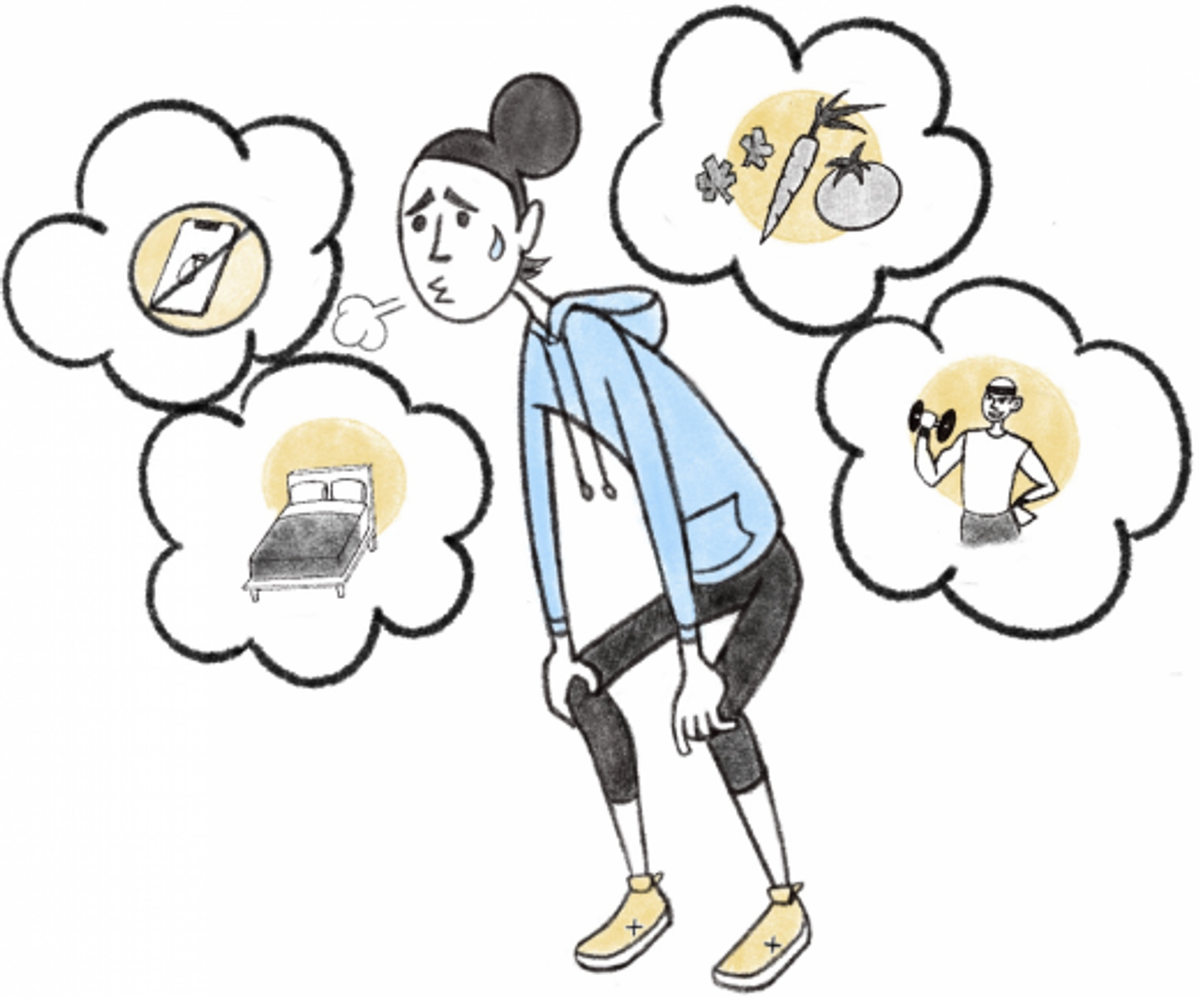A message from the Student Wellbeing Team

When we re-emerge from this lockdown, it is time to refill that bucket of joy and resilience that may have been drained over recent weeks.
It sounds like an easy and natural feat, however it can be challenging to stop, breathe and practice self-care. Self-care refers to the activities and practices that we choose to engage in on a regular basis to maintain and enhance our health and wellbeing. These activities can also be utilised as a coping strategy that can help minimise stress in challenging situations.
We learn self-care and coping strategies from those around us, including our families, friends and the media. We then inadvertently teach our children about coping strategies and self-care through our actions. Modelling good strategies can help your child build their own repertoire of self-care and coping strategies.
Self-care and positive coping are messages that have been reinforced every lockdown. Unfortunately, going in and out of lockdowns and trying to juggle work, families, schooling and life while being isolated from our support systems, and THEN being bombarded with self-care can result in ‘self-care fatigue’. We are inundated with information about self-care from social media, workplaces and friends telling us to find time for ourselves while feeling stressed and experiencing prolonged uncertainty. In the end, self-care fatigue represents exhaustion.
Despite feeling exhausted, self-care is crucial and needed even more if you are feeling burned out. Try and boost your motivation and review your energy with self-care by trying something new. This might include:
- Attending an online exercise class with an instructor who will motivate you
- Find a healthy food blog and follow their weekly recipes. Maybe message your friends/family the recipe with your thoughts on how it turned out
- Search through TedTalks for inspirational speakers who will motivate you and re-light your spark
- Create/join a book club. This will motivate you to finish the book you're reading and provide those all-important social interactions.
And remember - many people are doing a significantly better job now with practicing self-care and building coping strategies than they did before the pandemic, even with self-care fatigue! Keep up the amazing work!
Gail Inniss
Student Wellbeing Manager

